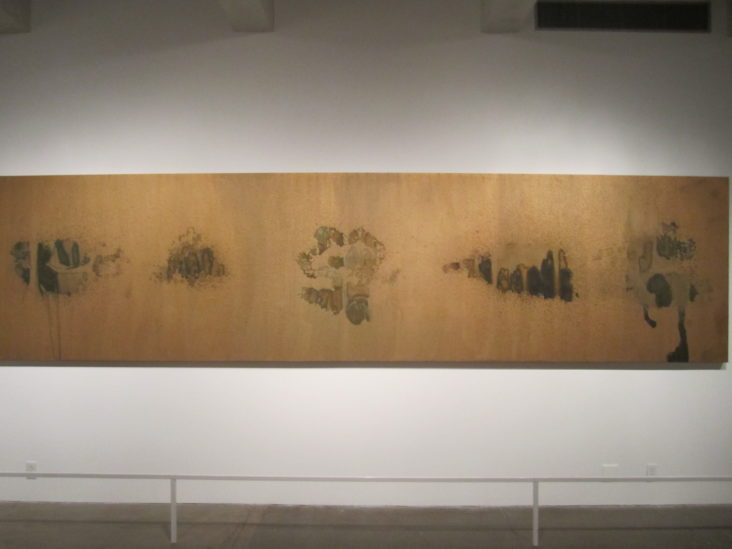I don’t think I could have timed it any better…
Last week, Anne Midgette wrote a piece in the Washington Post about the various and confusing roles boards of directors play in the performing arts.
What do boards do? It varies from one company to another. Some performing arts boards serve in a purely advisory function — voting on new hires, for example, sometimes only nominally rubber-stamping choices made by the artistic staff. Other boards, though, have fiduciary responsibility, providing vital financial support to keep the doors open.
[…]
Yet there’s an odd disconnect between the size and financial heft of performing-arts boards and their actual function. Some board members would laugh at the idea that they exercise considerable influence on an organization; some, indeed, resent being viewed as “walking checkbooks,” with the implication that they should pony up and shut up. Although board members often bring considerable business expertise to the table, the attitude often prevails that they don’t really understand art and shouldn’t sully it with mundane business considerations. This leads to a Catch-22, whereby board members are branded as Philistines by harping on issues such as financial viability and ticket sales, but are kept at arms’ length from creative mandates — or from exercising oversight in a meaningful way.
Where the good timing comes in relates to a piece that I tossed in the hopper at ArtsHacker.com that ended up published today, the same day I saw Midgette’s article. (h/t Artsjournal.com).
The ArtsHacker post calls attention a fascinating article from the Non-Profit Quarterly about the cyclical stages a board will go through. I have rarely, if ever, seen the topic discussed. This is regrettable because it brings clarity to a topic that is replete with stereotypes, assumptions and misunderstandings.
According to the article boards tend to go from deferring to the executive staff to becoming more involved in the wake of a crisis to really being engaged with the organization to ceding authority to the executive staff and then becoming more engaged again after a crisis.
Many of the issues Midgette mentions pop up at different points in the cycle. At some points the board sees their role as bringing expertise to the organization. At a different point, the board is mostly about prestige and the members only start thinking about the challenges facing the organization about 30 minutes before the meeting.
At their best, the board is engaged and focused on good governance, working in active partnership with the staff and holding them to account for decisions. At worst, they are relatively disengaged and unfocused on the concerns of the organization.
By and large, I don’t know staffs or boards of directors of non-profits are really aware that this cycle of changing dynamics exists. Those in a bad situation grouse reinforcing established stereotypes and those in a good situation count their blessings and pray it continues until they retire or cycle off the board. There is no sense that one can actually exert influence over the situation.
By understanding the characteristics of each stage, you can better identify where your organization’s relationship with its board is. Knowing that, you can work on moving things toward a more productive stage or work to prevent a good environment from souring.




There is another way. The Gewandhaus Leipzig in Germany (concert venue) offers flex- tickets for a small premium. Not an…